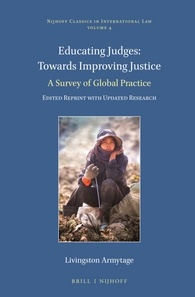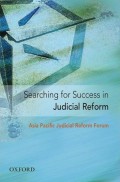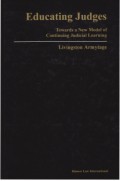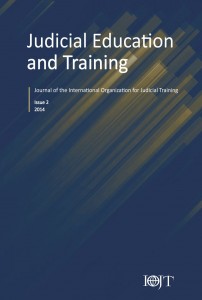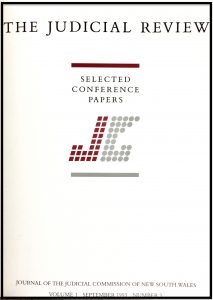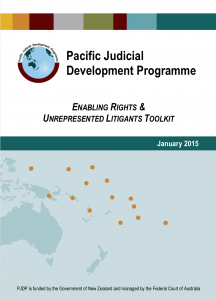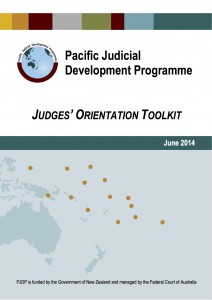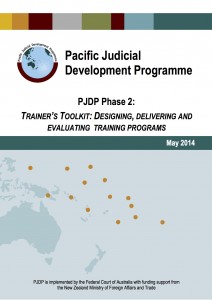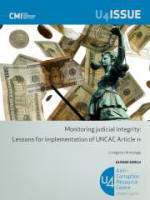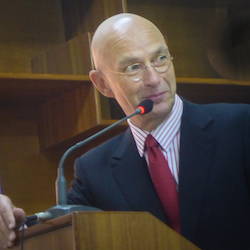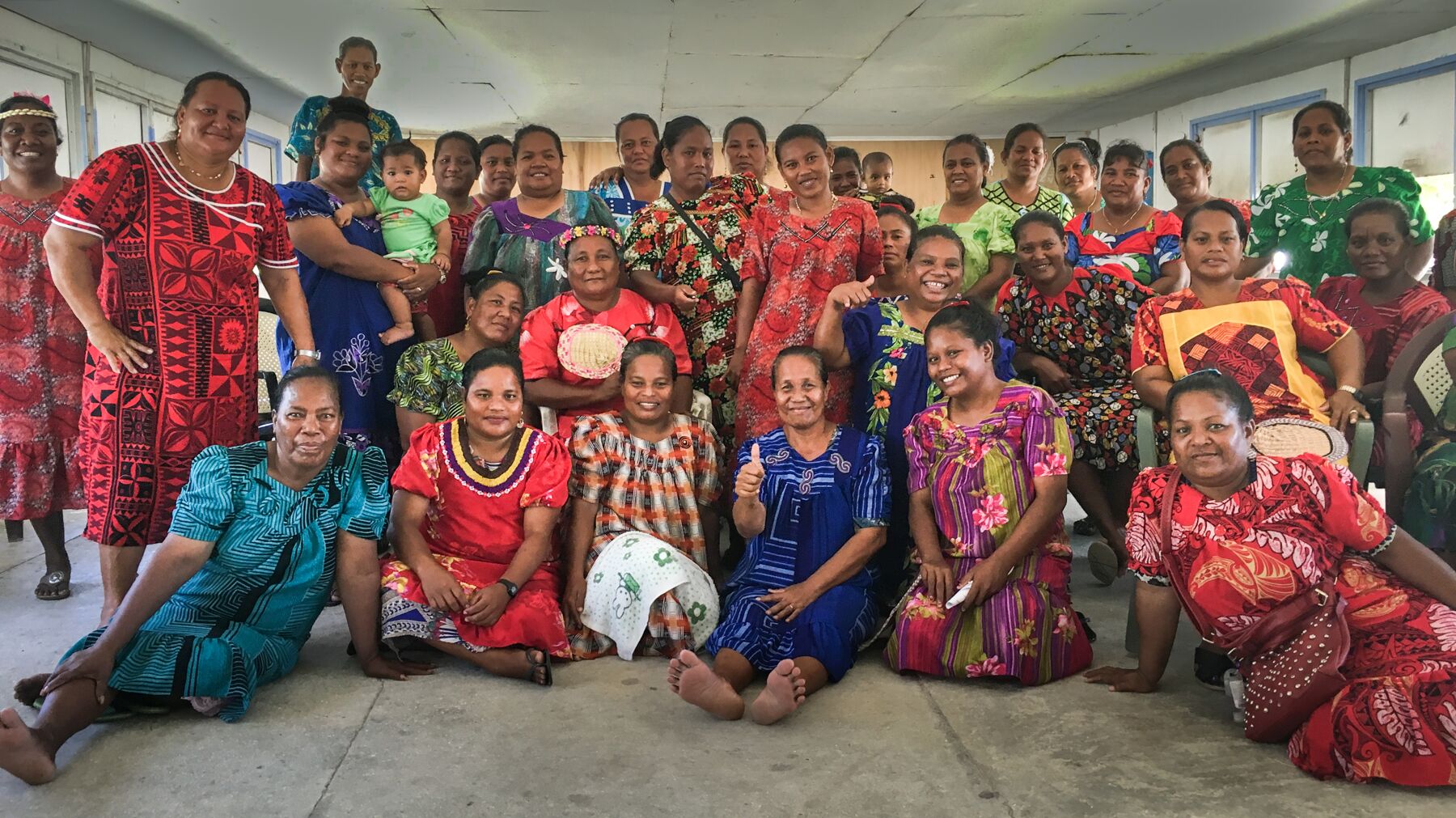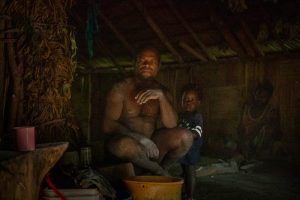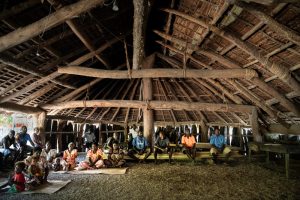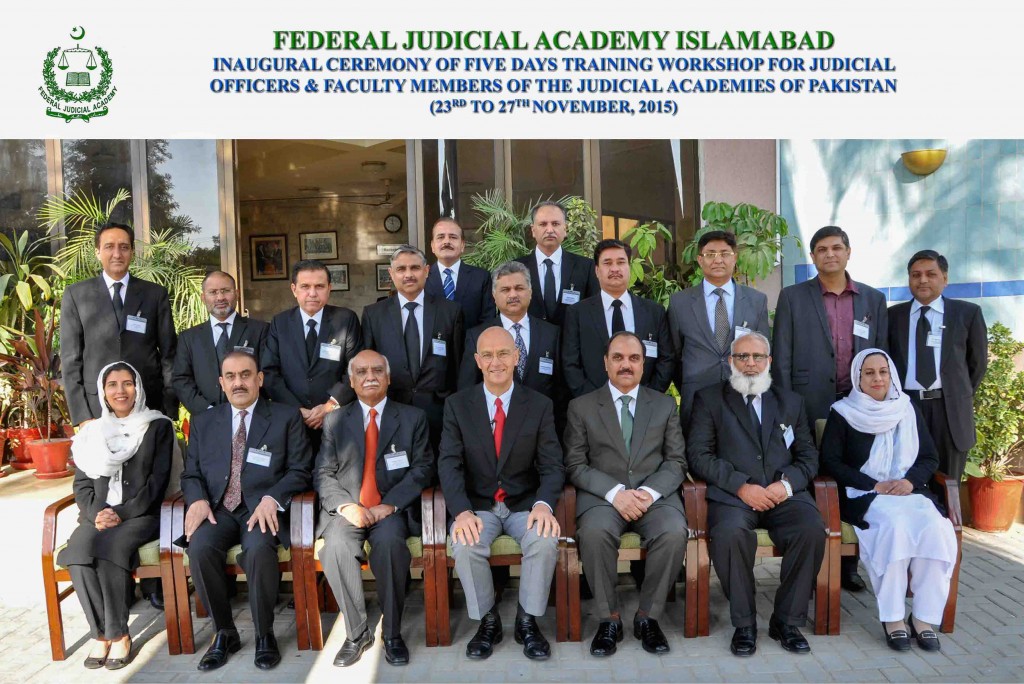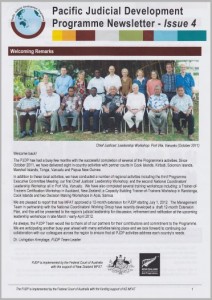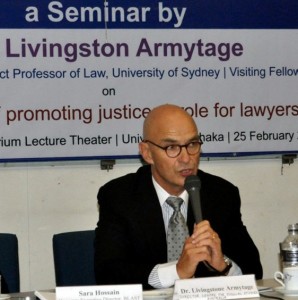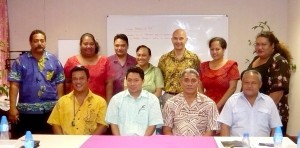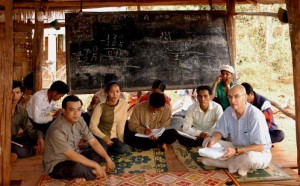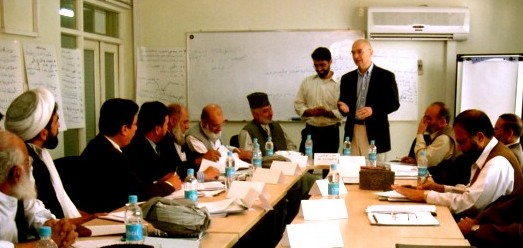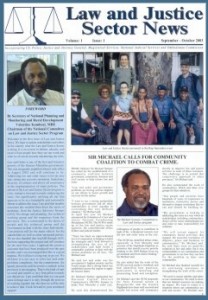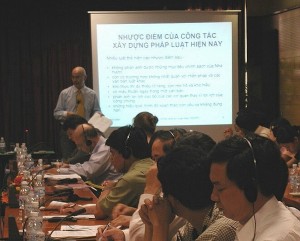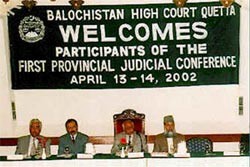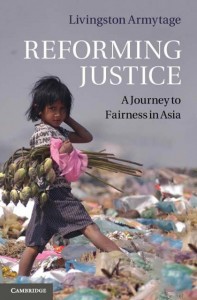
Cambridge University Press 2012
Reviews
Wade Channell, Senior Legal Reform Advisor, USAID: Hague Journal on the Rule of Law, 5/1 2013
“Reforming Justice: A Journey to Fairness in Asia is a remarkable contribution and correction to our history of failed and underperforming projects. The strengths of Reforming Justice are significant and implications profound. His case is compelling.
First, Armytage has refined the purpose of judicial reform to overcome the current muddle of competing justifications. The focal point is clear: justice, meaning fairness and equity through the enforcement of rights. Second, he has pragmatically avoided needless contention over what rights should be promoted by anchoring his justice project in existing treaties, laws and regulations; court reform can immediately focus on enforcing those rights. Third, he has begun the hard work of developing needed indicators that measure both performance and impact, parsed for both individual and aggregate outcomes. By helping reformers establish evidence for the success of their endeavors, he will also enable funding agencies to justify additional expenditures in the slow and complex work of improving judicial systems.”
Thom Brooks, Durham University: Journal of Human Development and Capabilities, 2013
“Reforming Justice is a major contribution to how we might think about the institutionalization of the capability approach and the role that judicial reform can and should play in development.
Armytage defends a neo-Aristotelian idea about justice as a ‘public good’ embodying ‘fundamental notions of fairness and equity’ relevant to ‘civic wellbeing’ (9). This perspective owes much to the work of Amartya Sen and his capability approach. The capability approach is not only a superior model for thinking about the importance of freedom for development, but Armytage convincingly argues that capability can and should be embodied in our legal institutions. Reforming Justice is distinctive in its offering an account of judicial reform that sheds light on how this might be achieved.”
Linn Hammergren: “European Journal of Development Research” (2013) 25, 168–172.
“Armytage provides a convincing and unusual set of arguments for revising judicial reform strategies.
(This) work is noteworthy for several reasons: its exceptionally ample and useful review of the literature not only on judicial reform but on broader development issues and topics … His lawyerly approach underlies his central argument that law and justice are constitutive not instrumental elements of development, which must thus add the pursuit of ‘equity’ (fair distributions of benefits and access to fundamental rights) to the usual emphasis on growth and governance. He does a fine job of summarizing the empirical literature … (and) he provides an impressive review of the relevant literature, … His emphasis on the conflicting goals of evaluation – accountability versus knowledge building – is extremely important and deserves wider attention.”
Sandra Taal, Law Department, Utrecht University: “International Journal for Court Administration” February 2013
“Armytage provides the reader with a refreshing vision on judicial reform. He convincingly argues that justice should be ‘repositioned more centrally in evolving notions of equitable development’.
(His) foremost concern appears to be to explain why judicial reform should promote justice. In my view, Armytage has succeeded in reaching his goal… In a carefully written and readable way, the in-depth analysis highlights the most relevant features in unraveling the issue of the purpose of judicial reform. This book forms an important contribution to the debate on international assistance in the field of judicial reform by pinpointing the crucial issues that are necessary to discuss, in order to overcome the accumulated confusion in this interesting, but complex field.”
Justice Dr. Munir Ahmad Mughal Professor of Law Punjab University Law College
“Cambridge University Press deserves to be congratulated for having published a book which is partially based on doctoral thesis of Livingston Armytage rich in content, full of information both horizontal and vertical on latest modern techniques of dealing with a subject, covering historical, analytical and ethical dimensions in a language most lucid, a style most serene, balanced in all respects and self speaking on every issue, well reasoned, full of logic and therefore appealing to heart and mind and giving satisfaction to a reader who is keen to remain fair in evaluation and assessment.”
Philip Alston, Professor of Law, New York University and UN Special Rapporteur on extra-judicial, summary or arbitrary executions
“Exhaustively researched, carefully written, contributes in important ways to knowledge in this field, and provides a coherent and informed analysis of an important topic.”
Michael Woolcock, Lead Social Development Specialist, Development Research Group, The World Bank, and John F. Kennedy School of Government, Harvard
“The author has clearly spent many years on the frontlines of this difficult endeavour, and is surely better placed than most to understand it and to respond constructively to the challenges it presents in the years ahead.”
William Cole, Senior Director, Governance, Law, and Civil Society, at The Asia Foundation
“Reforming Justice is an important contribution to the increasingly critical process of re-examining the assumptions and logic that underlies conventional assistance in this difficult area of international assistance.”
“Open Trial” June 2012
“The book is comprehensive, wide-ranging, cogently compiled, nuanced and clearly based on very thorough research and experience.”
Thomas Kirk, London School of Economics: “Global Policy” Vol. 4/1 Feb. 2013
“(Armytage) champions the attainment of rights that political contests have already enshrined within law … and argues that practitioners must recognise the distributional dimension of reform efforts and aim to enhance people’s capability to exercise the individual rights and entitlements associated with legal processes. He call(s) for reformers to put aside goals such as growth, good governance and democracy in favour of a human-centred approach focused on equity.”
Jan Kees van Donge: University of PNG: Journal of Development Effectiveness, 2013
“This book arises from a passionate conviction that reforming justice is an essential part of the development agenda … The breadth and quality of discussion makes this book an excellent source for teaching not only on course of law and society but also on courses of evaluation. Students become acquainted with a wide variety of thought that is intelligently brought together. This summing-up does not do justice to the almost encyclopaedic nature of this book.”


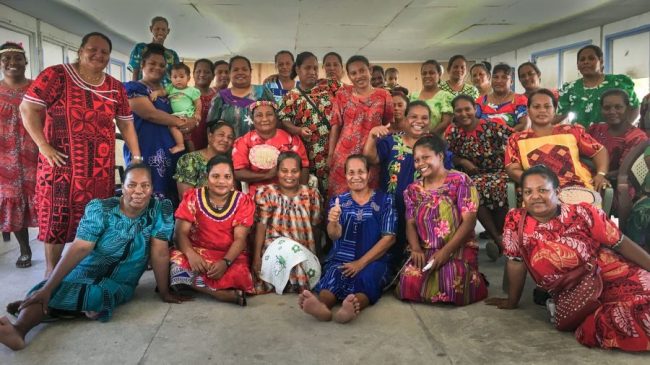
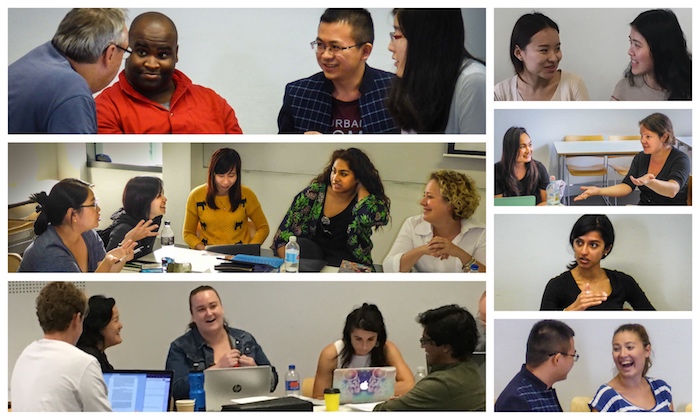



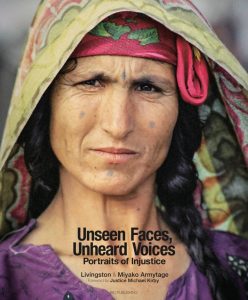 This book presents a collection of photographs of people who are among the poorest of the world’s poor. Many – if not most – lack any official identity. They have little or no access to adequate nutrition, education, health care, employment security or personal safety.
This book presents a collection of photographs of people who are among the poorest of the world’s poor. Many – if not most – lack any official identity. They have little or no access to adequate nutrition, education, health care, employment security or personal safety.